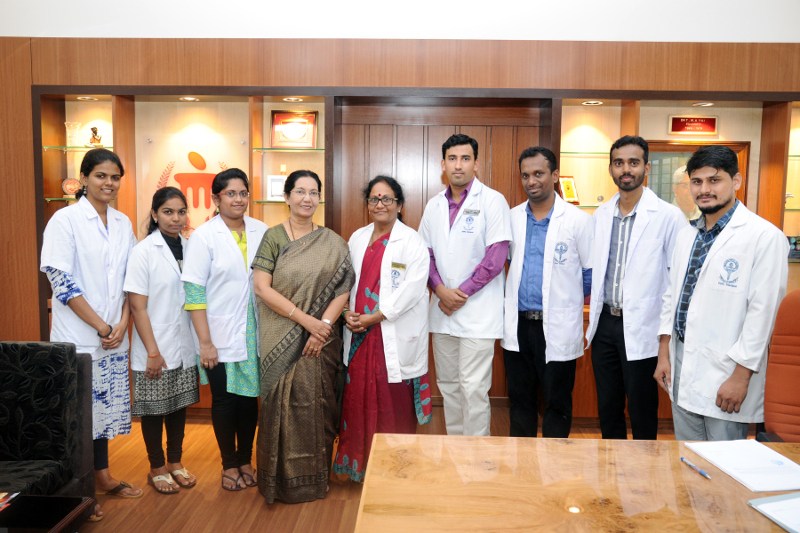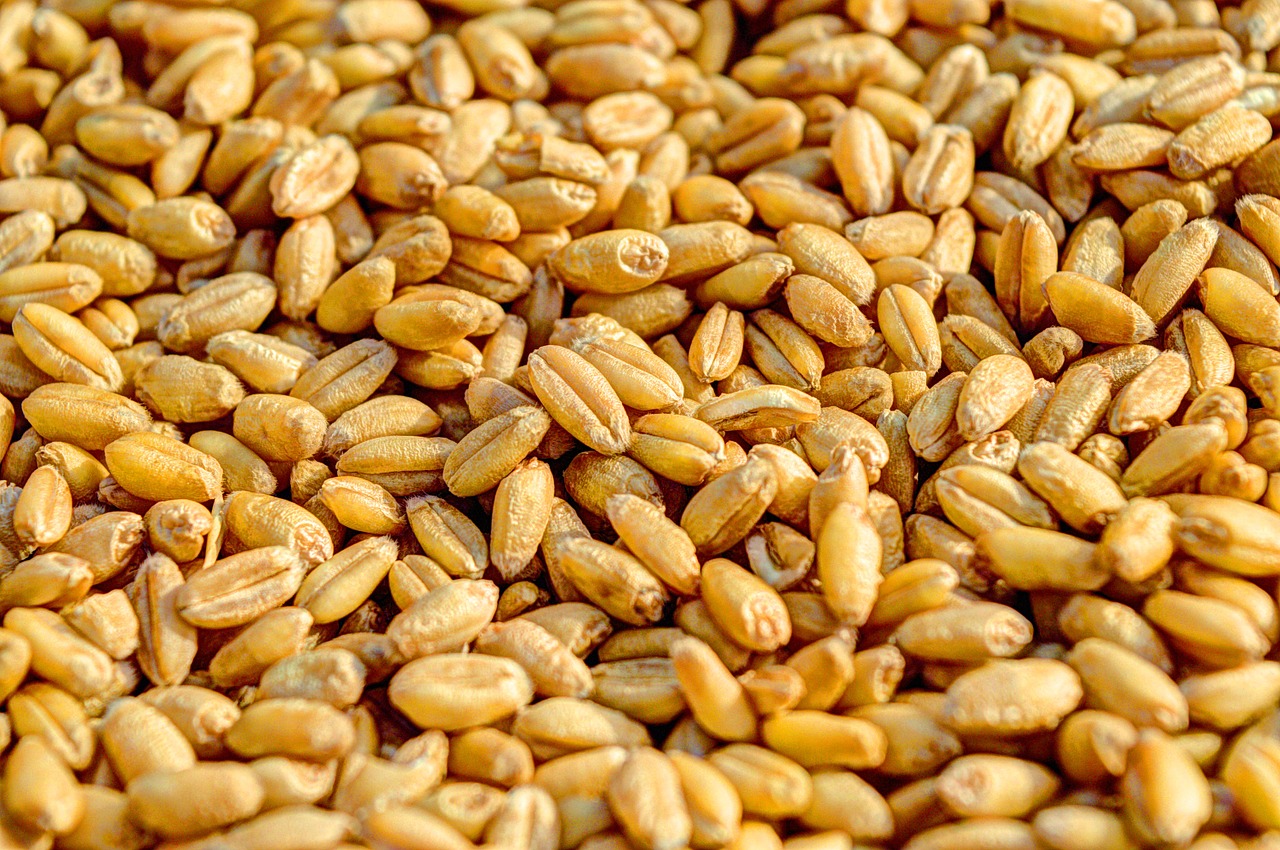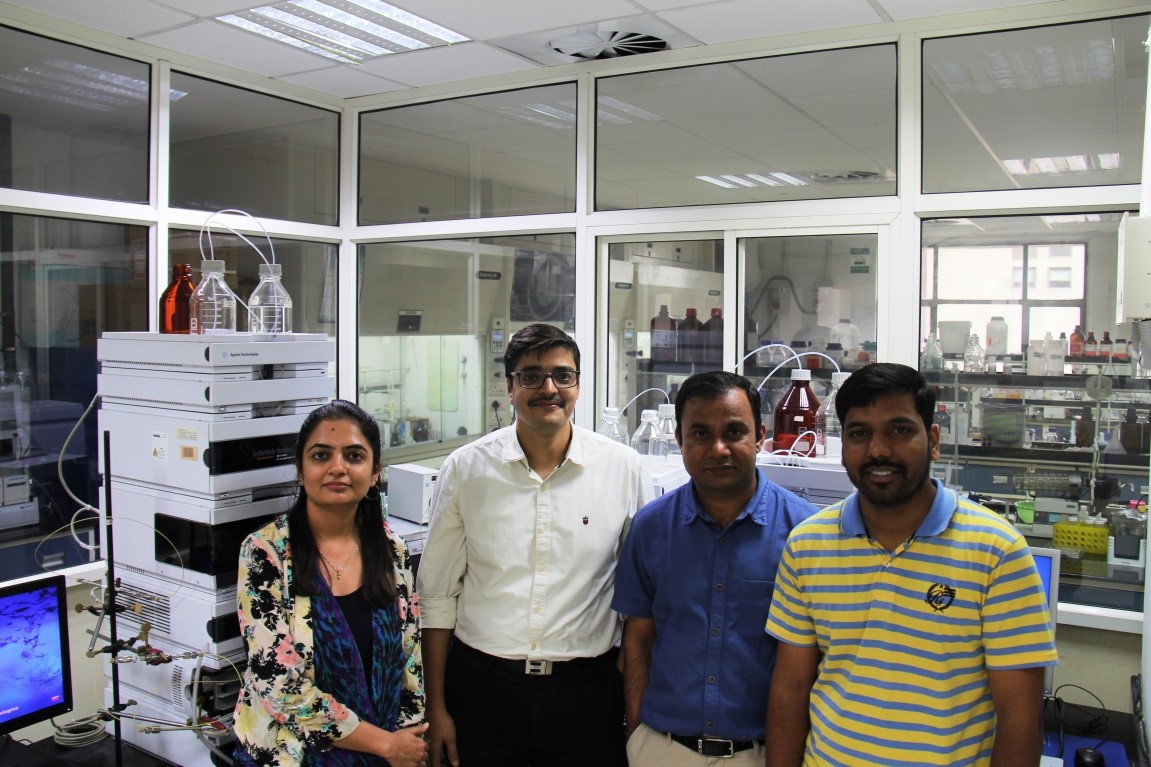Indian researchers, working in collaboration with their Australian counterparts, have sequenced 42 strains of a disease-causing bacterium, Helicobacter pylori, to better understand genetic factors that play a role in disease development in Indian populations.

Dr. Mamatha Ballal and her team
Helicobacter pylori, a bacterium that stays in the human gut, causes gastritis, peptic ulcers, and gastric cancers. Although it infects half of the human population, most individuals do not show any symptoms. This bacteria, which transmits through direct contact with saliva, vomit or fecal matter of infected individual, has a high prevalence in developing countries with poor sanitation facilities.
In India, although this infection is spread in all regions, the incidence of infection resulting in gastric cancer is more in South and North-East regions than North India which is called ‘Indian Enigma’. High genetic variation in H. pylori strains from different regions of India is considered one of the major reason of this enigma.
Now, scientists from the Kasturba Medical College, Manipal University together with Australian scientists have sequenced 42 strains of H. pylori strains from south Indian population. The scientists isolated the bacterial strains from the biopsy samples of patients with various kinds of gastritis, peptic ulcers and duodenal ulcers who visited the hospital from rural regions of Karnataka and Kerala.
The isolated bacteria were grown on nutrient media and then DNA was extracted from the culture mass of bacteria and sequenced. Further, sequence analysis of similar genes from these strains was carried out to understand their relatedness. This analysis showed that South Indian population harbor H. pylori strain from both Asian and European origin.
“Our collection of H. pylori draft genomes from South India will allow the scientific community to identify whether H. pylori genetic factors (if present) play a role in disease development, particularly in that of duodenal ulcer disease, and to compare this role to that in closely related strains from the Northern regions of India,” explained Dr. Mamatha Ballal, author this study, while speaking to India Science Wire.
The study compared outer membrane proteins, virulence genes harbored by strains from this particular region with strains of East Asian countries where there is a higher rate of gastric cancers. “It also explored the mechanisms responsible for drug resistance with the identification of mutations in the antimicrobial resistance encoding genes” Dr. Ballal added.
The results of this study are published in journal American Society of Microbiology. The research team included Vignesh Shetty and Mamatha Ballal from Kasturba Medical College, Manipal University and Binit Lamichhane, Eng-Guan Chua and Chin-Yen Tay from the Marshall Centre for Infectious Diseases Research and Training School of Biomedical Sciences, University of Western Australia. (India Science Wire)
By Dr. Aditi Jain
Journal Article
Draft Genome Sequences of 42 Helicobacter pylori Isolates from Rural Regions of South India
For the latest Science, Tech news and conversations, follow Research Stash on Twitter, Facebook, and subscribe to our YouTube channel



